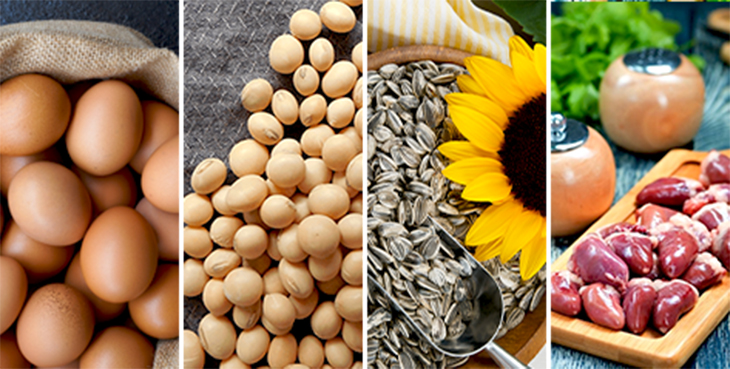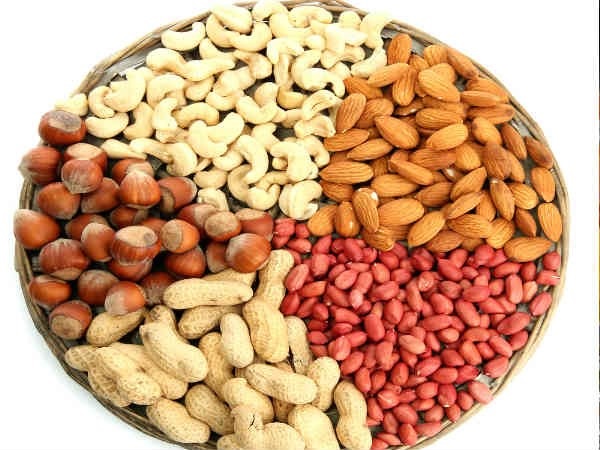This Little-Known Nutrient Helps Boost Your Brain, Heart, and Gut Health
Category: Healthy Nutrition

If you read your food labels, I’m sure that you’ve run across the ingredient lecithin (usually soy lecithin or sunflower lecithin) because it’s one of the most widely used food additives on the market today.
Lecithin is commonly used as an emulsifier in a variety of processed foods. Ever wondered how your favorite chocolate bars have that smooth, well-blended texture? You guessed it – lecithin is the secret!
This hidden helper in your pantry does far more than assist in baking your treats. It plays a crucial role in many of our body’s functions.

Lecithin is a type of fat that is essential in the cells of our bodies.
It is naturally present in foods like eggs, soybeans, sunflower seeds, and organ meats, and is also available as a supplement for those who may not get enough from their diet.
Now, why is lecithin so noteworthy?
For starters, it helps to maintain the structure and flexibility of our cell membranes and is crucial for fat transport and metabolism in our bodies.
Here are some benefits associated with a diet rich in lecithin.
- Lower cholesterol and reduce the risk of heart disease: Studies have found that soybean lecithin can help increase levels of good HDL cholesterol while reducing bad LDL cholesterol. Less LDL cholesterol can mean less fatty plaque buildup in your arteries and a lower risk of cardiovascular disease.
- Promotes healthy brain function: Lecithin contains phosphatidylcholine, which is one of the primary forms of choline, a micronutrient that plays an important role in liver function, muscle movement, metabolism, nerve function, proper brain development, and mood regulation.
- Helps improve digestion: Lecithin’s emulsifying qualities contribute to a chain reaction that improves the mucus in your intestine, which makes the digestive process more efficient, and also provides added protection to the sensitive lining of your digestive system.
- Aids breastfeeding mothers: Lecithin is sometimes used to help reduce nipple soreness and clogged milk ducts in breastfeeding mothers. To help prevent mastitis, the Canadian Breastfeeding Foundation recommends taking 1,200 mg of lecithin four times a day.
If you decide to up your lecithin intake, this is the lecithin supplement I recommend.
If you have any concerns about adding a lecithin supplement to your regimen, consult with your preferred health practitioner.
If you have any questions, please don’t hesitate to contact me at Jerry@Fit4LifeLLC.com.
Have a healthy week!



Facebook Comments